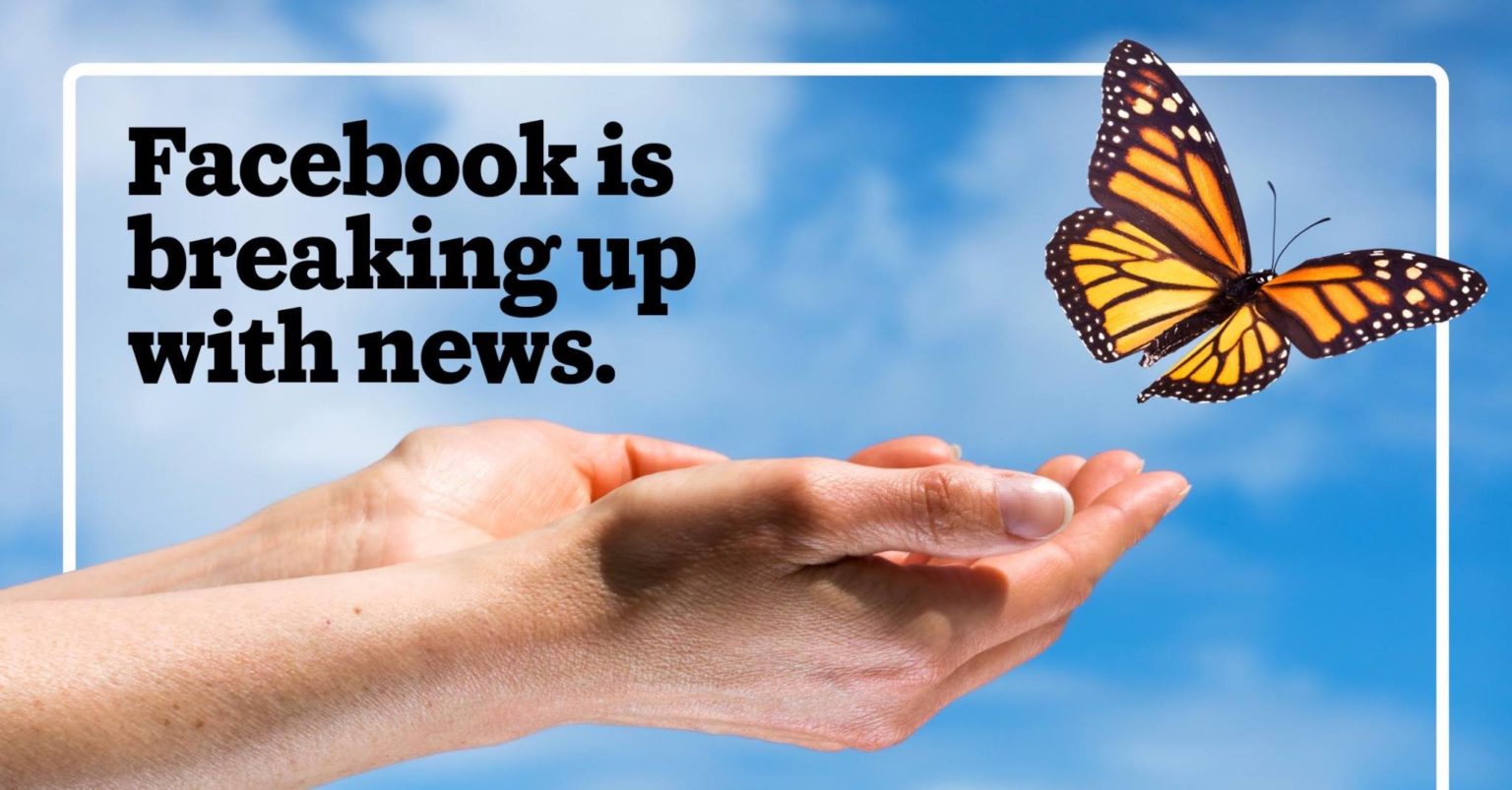Local news publishers talk to readers about big Facebook News Feed change
Local independent online news publishers are reaching out to readers in the wake of Facebook's decision to "remove news from

Local independent online news publishers are reaching out to readers in the wake of Facebook's decision to "remove news from its News Feed," warning them that they might no longer see breaking news and accountability journalism on crucial matters in their community. Many are using it as an impetus to sign readers up for direct notification of local stories via email newsletter.
"From our first day, Richland Source embraced Facebook as a channel to connect with readers in a convenient and conversational way. Social media of all kinds is a great way to distribute news to readers, and it will remain so. But things will be different and here’s the bottom line: If you rely solely on Facebook to deliver local news to you, you are about get a lot less of it," LION member Jay Allred, publisher of the Richland Source in Mansfield, Ohio, said in a note to readers Friday. "The simplest way to deal with Newsmageddon – yes, we said it here first – is to subscribe to our Headlines newsletter. It’ll hit your inbox every morning and doesn’t cost a cent. We’ve recently redesigned every part of our newsletters to make them easier to read, relevant, and delivered only when necessary. You’ll never miss an important story."
"I know many of you rely on Facebook to see the content we post every day on Potomac Local. Admittedly, I, too, for years have relied on Facebook to grow our audience," LION member Uriah Kiser of Potomac Local in Virginia wrote. "However, as things change more people are signing up for our free Breakfast Links weekday newsletter. I send it each morning at 5 a.m. to everyone who signs up…"
Berkeleyside in Berkeley, California, offered readers "five tips" for staying up with local news after Facebook's algorithm change takes effect.
"Our team works hard to bring the community the stories that matter, and to connect with readers on our Facebook page. Berkeleyside has spent a significant amount of time building our Facebook presence because it has historically been such an important megaphone for us in terms of how some readers come to our site. But times are changing, and we have to change with them," reporter Emilie Raguso wrote.
Planet Princeton in New Jersey walked readers through options that include an RSS feed, web browser push notifications, other social media platforms and an email newsletter.
"No one really knows how Facebook’s upcoming changes will affect a publication’s traffic. Many publishers are worried that it will be a significant blow to their publications. Fortunately at Planet Princeton we have been working to build up other channels to deliver news to the community," wrote Publisher Krystal Knapp.
She said that Planet Princeton is working on a mobile app and text messaging service.
LION member Bob Conrad, publisher of ThisIsReno.com in Nevada, made a similar pitch for newsletter signups on Friday. "Though we have a sizeable following on Facebook, it is clear that the recent announcement further harms the ability of our readers to actually see news from ThisisReno," he wrote.
While bracing for the worst, Conrad said that his site hasn't seen the drop in Facebook referrals that other publishers have noted over the past year, perhaps because his content is intensely local and readers are engaged with it.
The Los Angeles Daily News wrote a detailed guide for readers on how to change Facebook settings so that its stories appear as prioritized in their news feeds.
Buzzfeed advertised its mobile app as a way for readers to cut Facebook out as a middleman.
The reaction from local publishers hasn't been all gloom and doom. Some see it as an opportunity to serve and gain revenue from small businesses who will also take a major hit from the loss of organic reach from free Facebook posts.
"Small businesses and brands that do not pay to advertise will likely see organic reach and interaction level decrease as the updated News Feed is rolled out to users. Many small businesses with limited budgets who use Facebook for promotion could run into problems," wrote LION member Tom Sofield, publisher of Levittown Now in Pennsylvania.
A little bit less than half of Levittown Now's readers arrive via social media, Sofield wrote, and over the past year he's made a push to grow subscriptions to his daily email newsletter.
Facebook's algorithm change will prioritize "meaningful" time spent on posts over simply "time spent" on posts, elevating stories that generate conversation and sharing vs. simple clicks.
WGBH, Ground Truth's Simon Galperin and Hearken's Jennifer Brandel have some advice on initial steps publishers can take to make sure their content is still seen on Facebook (or elsewhere) here, here and here.
Meanwhile, Nieman Lab's Joshua Benton on Friday asked the question at the heart of publishers' anxiety over Facebook's changes: "If Facebook stops putting news in front of readers, will readers bother to go looking for it?"
Sign up for the weekly newsletter
Join the LION mailing list to get our weekly roundup of opportunities and resources for news entrepreneurs. View our most recent issues.
Related Articles
BoiseDev’s winning secret to selling newsletter ads: Only local news, only local ads
The site earns 60 percent of its advertising revenue through its high-open-rate email projects, in partnership with local ad agencies.
AI adoption: How Lede AI helps small publishers quickly generate content readers love
Helping news organizations leverage artificial intelligence with a tool that puts their readers and staff first
Social is down, newsletters are up: How audiences are finding LIONs in 2024
Changes to social media and search prompt publishers to shift strategy.
